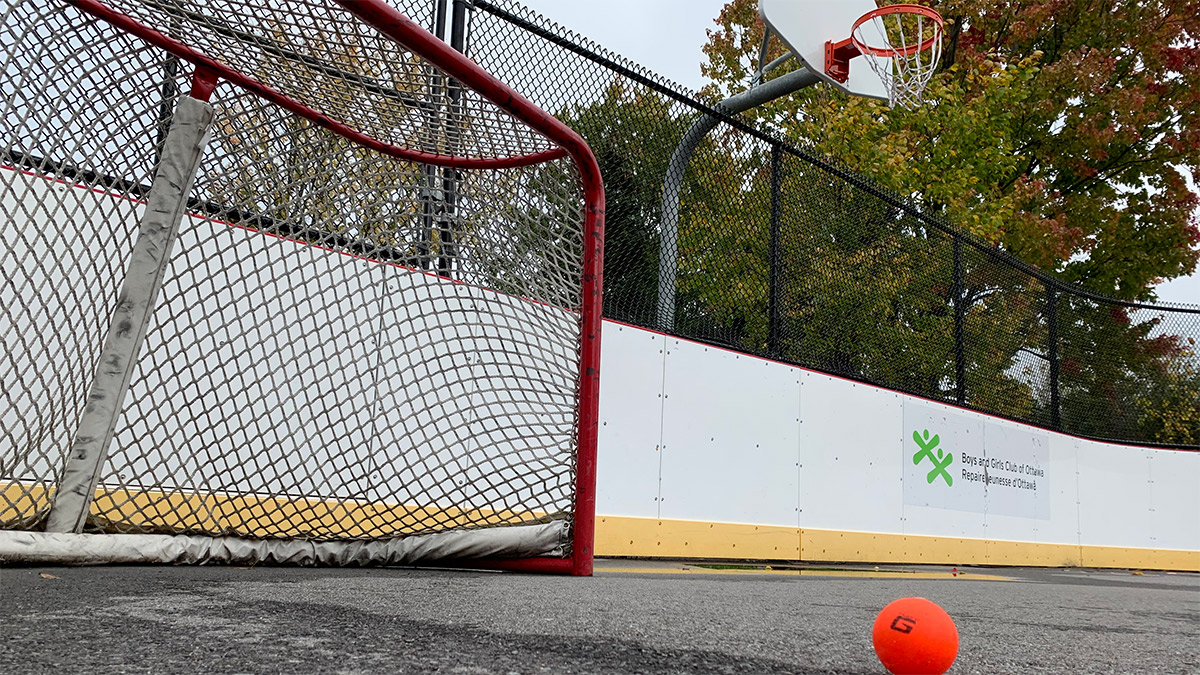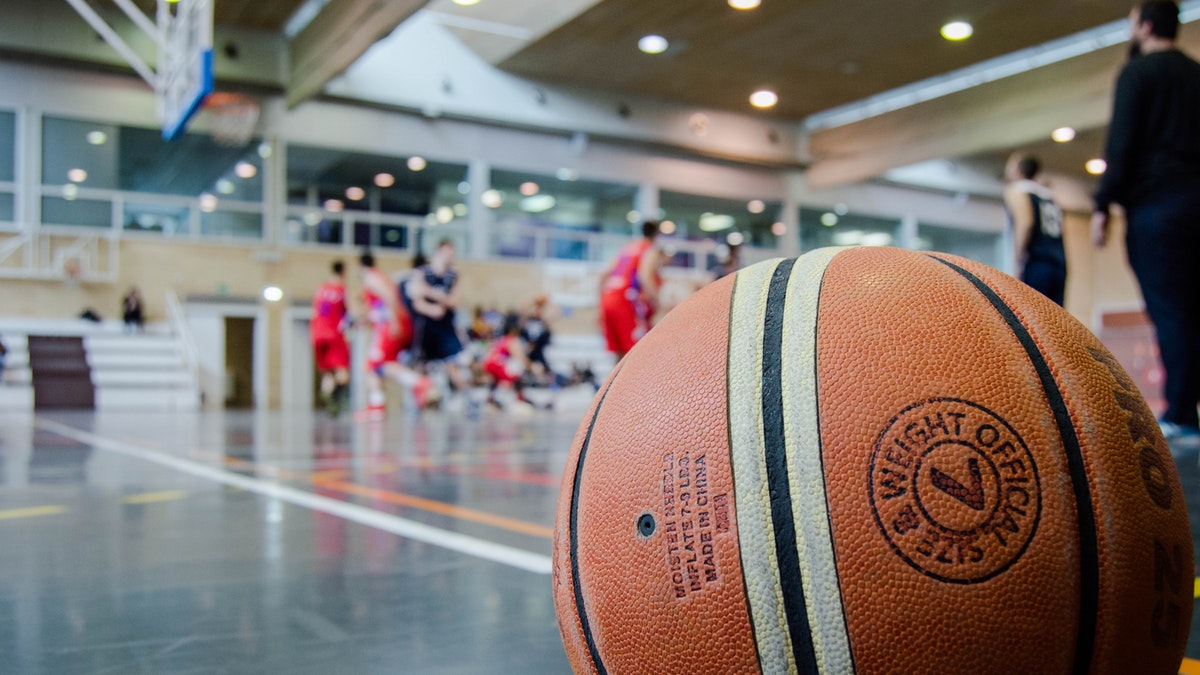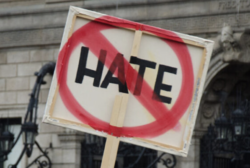The Ottawa Sport Council (OSC) has wrapped up its year-long Rebound program with the last of several Equity, Diversity and Inclusion workshops.
The program was held in conjunction with the Ottawa Return to Play Roadmap, which provides direction to local organizations “to ensure that sport rolls out consistently and carefully” as the COVID-19 pandemic continues to affect the city.
The roadmap was created to support community sports organizations and ensure that they’d be well-equipped to handle a shifted landscape in their return to safe playing environments. Early events included seminars on strategic planning, volunteer recruitment and retention, and risk mitigation.
“If you live in a low-income area, your main basketball hub is usually your high school. You can afford to go to your high school, you’ll walk in, you’ve got your shoes and your ball you can play with. With the pandemic, all the schools have been shut down.”
— Marcia Morris, executive director, Ottawa Sport Council
As “chalk talk” roundtables unfolded and feedback was received, finding ways to support hard-hit marginalized communities became a priority, OCS executive director Marcia Morris said. That concern led led to the introduction of the EDI workshops, she said.
“A really good example of that is basketball,” said Morris. “If you live in a low-income area, your main basketball hub is usually your high school. You can afford to go to your high school, you’ll walk in, you’ve got your shoes and your ball you can play with. With the pandemic, all the schools have been shut down.”
She said basketball clubs that have been able to operate have used sports domes scattered across the city.

“Those domes are more than 10 times the cost of a high school gym. And those domes are not walking distance — you have to have transportation,” said Morris. “So either you have to have a car or you’ve got to have public transportation. All of a sudden the people who are accessing that, they have no access.
“So we started looking at that saying, well, what can we do to make sport more accessible and inclusive?”
The program was supported by the Ontario Trillium Foundation’s Resilient Communities Fund, which invests “in projects of non-profit organizations that have been impacted by COVID-19 to support their medium to longer-term recovery efforts and help rebuild their capacity and resiliency.”
Those attending the council’s EDI sessions were typically administrators or board members in youth sport organizations, although adult programs were represented, as well. Morris estimated that more that 100 organizations have been taken part.
Morris said the program has offered individuals from different organizations the opportunity to learn from one another, with many connecting afterwards. That has led to many unique opportunities, such as seeing “sport organizations where one’s a summer sport and one’s a winter sport, and they’re trying to keep their athletes busy with a cross-pollination” of players between seasons.
“We all realize that community sports are important, but we don’t ever really advocate or talk as one voice,” said Morris.
“I think that’s been the gift of COVID, is that our sector has pulled together and understood that we need to get out of our silos. Whether it’s soccer, swimming or hockey – we’re going to be stronger as a sector and therefore we’re going to be stronger in the community,” she added.
“We’re going to get more mindshare in the community to support community sport in the long run. That’s what I’m hoping people get out of it. We’re forging that network and we’re making that sector stronger. Then everybody’s going to be so much stronger.”




